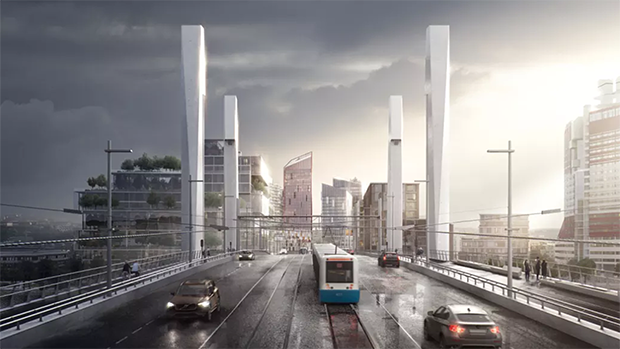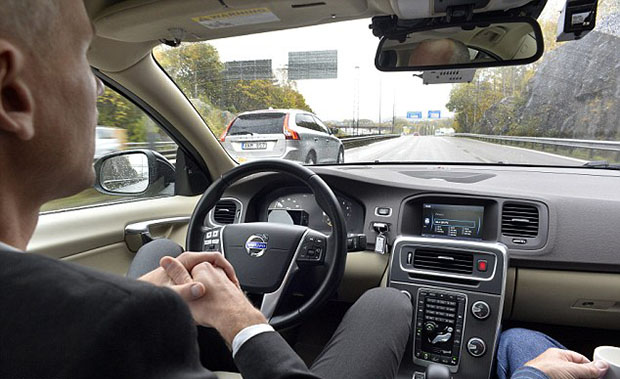The City of Gothenburg wants to embrace autonomous cars

The way we move around our cities and towns is changing rapidly and now we are seeing a wave of new technological developments that will lead to the mass adoption of autonomous vehicles on the road.
The potential mass adoption of autonomous cars is no longer the stuff of science fiction but in the very near future the way we move around will be totally changed. Cities will be buzzing with hydrogen-powered buses, electric taxis and autonomous cars.
Gothenburg City Planning Authority is the first in the world to examine the interaction between autonomous vehicles and sustainable, long-term urban planning. Gothenburg City is looking at the effects and benefits of autonomous technology, specifically looking at the future need for enhanced road safety, parking facilities, accessibility, and implications for public space.
Gothenburg city authorities are looking to turn it into a working environment for self-driving cars. Monica Wincentson, an urban planner at the City's Planning Authority said:
"As city planners, we realized that around the world there's a huge focus on developing the new technology for autonomous vehicles,"
She said that, as of yet, there had not been a "significant collaboration" between car manufacturers and city planners. "In order for autonomous vehicles to work well we absolutely have to work together."
"We think the benefits for the city will be safer and more secure transportation – the flow of traffic will be more even, smooth and efficient."
Obviously, though, there are major concerns by city planners regarding the safety of autonomous vehicles. Wincentson was keen to address these concerns when she said:
Further to this, the associate professor in engineering science at the University of Oxford, Malcolm McCulloch had this to say about autonomous vehicles being integrated into the streets of old cities:
According to McCulloch, the real challenge would be how autonomous vehicles interacted with motorcycles, bicycles, and pedestrians.
"Because quite often we use human cues when we interact… and that's where their challenge at the moment is: how do they pick up on the small micro-cues."

Author

Justin Kavanagh
Justin Kavanagh is a recognised leader
in automotive intelligence and vehicle
data supply to the entire motor industry.
He has almost 20 years experience in
building systems from the ground up.
As the Managing Director of Vehicle
Management System, he understands the
need and importance of trustworthy and
reliable vehicle history and advice to
both the trade and the public.
Follow me on LinkedIn